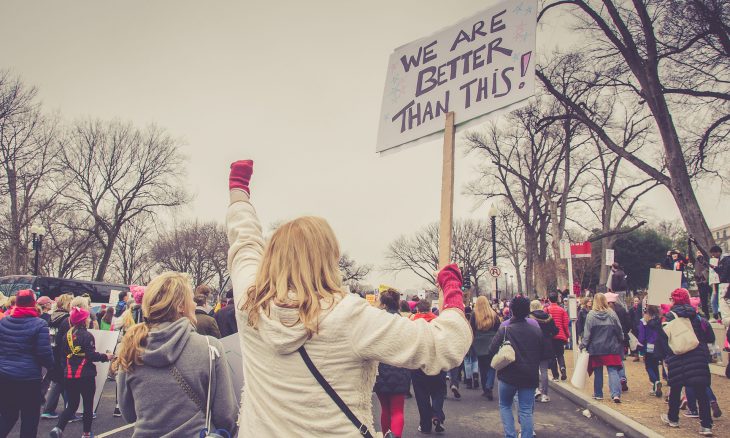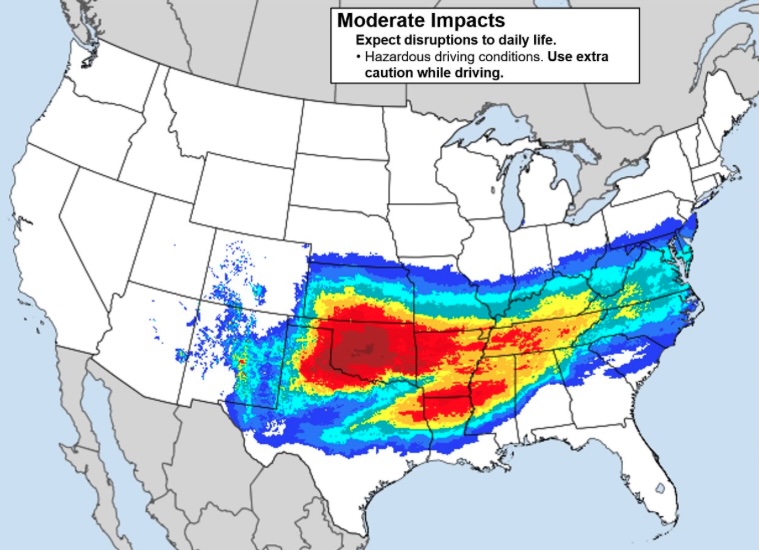Freedom of expression in an evolving cultural landscape.
PRAY FIRST for wisdom in speech, for the Lord to give us discernment in how to use our words wisely and constructively and for our leaders as they create policies protecting freedom of speech..
Let your speech always be gracious, seasoned with salt, so that you may know how you ought to answer each person. Colossians 4:6
Freedom of speech is often seen as the right to say whatever one feels, especially if it reflects personal truth. But not all speech is protected, and not all consequences are unconstitutional. So, what does the First Amendment actually protect? Ratified in 1791, it begins: “Congress shall make no law…abridging the freedom of speech.” This clause was rooted in the Founders’ desire to protect individuals from government overreach, guaranteeing that citizens could express opinions without fear of censorship. James Madison, a principal architect of the Bill of Rights, stressed that free expression was essential for a functioning democracy.
However, it is crucial to understand that the First Amendment restricts governmental actions, not those of private entities. This distinction becomes increasingly significant in today’s interconnected world.
Legal Limits
While the First Amendment offers broad protection, not all speech is shielded. The U.S. Supreme Court has identified specific categories of unprotected speech, including:
– Incitement to imminent lawless action
– True threats
– Defamation
– Obscenity
– Child pornography
– Fighting words
– Speech integral to criminal conduct
– Fraud
These exceptions are intended to balance individual freedoms with societal safety and order.
Boundaries
A common misconception is that freedom of speech equates to freedom from repercussions. While the government cannot penalize individuals for protected speech, private organizations and employers can set their own standards. Commonly phrased as “freedom of speech does not mean freedom from consequences.” This means that while you have the right to express your opinions freely, you may still face social, professional, or other non-governmental repercussions for what you say.
For instance, an employee making controversial statements on social media might face disciplinary action from their employer, not because their speech is illegal, but because it conflicts with company values or rules. Or, if someone makes offensive remarks, they might face public backlash. The government can’t stop you from speaking, but others can respond to your speech in ways that might affect you.
This dynamic has given rise to debates around “cancel culture,” where individuals face social or professional backlash for their speech or actions. It is essential to differentiate between government-imposed censorship and societal accountability.
The digital age has amplified discussions around free speech. Social media platforms, while offering spaces for expression, are private companies with their own content policies. When users face moderation or bans, some perceive it as a First Amendment violation. However, since these platforms aren’t government entities, their actions do not constitute constitutional breaches.
Moreover, the rapid spread of misinformation online has led to calls for content regulation. Balancing the fight against false information with the preservation of free speech remains a complex challenge.
Comparisons and Broader Impacts
Globally, the U.S. stands out for its robust free speech protections. A Pew Research Center study highlighted that Americans are more tolerant of free speech than citizens in many other countries. In contrast, nations like Australia have implemented stricter regulations—leading to tensions over perceived censorship.
These international differences underscore the importance of understanding the cultural and legal contexts that shape free expression worldwide.
With great freedom comes great responsibility. While individuals have the right to express their views, it is vital to consider the impact of one’s words. Promoting respectful dialogue and being open to diverse perspectives can promote a more inclusive society. Encouraging media literacy and critical thinking can also help individuals navigate the vast information landscape responsibly.
Why It Matters and How We Can Respond
As believers, the principle of free speech aligns with the biblical call to speak truth in love. Ephesians 4:15 encourages us to “speak the truth in love,” emphasizing the manner and intent behind our words. Engaging in conversations with grace and understanding reflects Christ’s teachings and fosters genuine connections.
Likewise, advocating for free expression ensures that diverse voices, including those sharing the Gospel, can be heard. It’s a reminder that while we cherish our freedom to speak, we must also listen, empathize, and engage constructively with others.
HOW THEN SHOULD WE PRAY:
— Pray for God to grant courage for all of our federal officials to uphold the truth and the freedom of speech. The fear of man lays a snare, but whoever trusts in the Lord is safe. Proverbs 29:25
— Pray for God to soften the hearts of all who hold public office so that they seek to find common ground and unity, even amidst differing opinions. Have unity of mind, sympathy, brotherly love, a tender heart, and a humble mind. 1 Peter 3:8
CONSIDER THESE ITEMS FOR PRAYER:
- Pray for wisdom for all in the nation’s leadership as they sustain the constitutional freedoms afforded the American people
- Pray for God to be near to all around the world who feel silenced by fear and oppression.
- Pray that federal, state and local leaders, along with teachers, media figures, and everyday citizens would model respectful, honest dialogue, especially on divisive issues.
Sources: National Archives, Congressional Research Service, Freedom Forum, Pew Research Center, University of Wisconsin-Milwaukee, Carnegie Library of Pittsburgh, Freedom of Expression, Foundation Press, Bill of Rights Institutes









